SAMUEL HAHNEMANN
In the beginning of the 19th century Samuel Hahnemann, a German pharmacist, discovered modern homeopathy. Disenchanted with the medicine of his day, he experimented with substances to ascertain what they would do to a healthy body. By chance, Cinchona Bark (quinine) was one of the first preparations he imbibed and in doing so he contracted all the symptoms of malaria.It was a Eureka moment; Cinchona Bark was known to be a successful cure for malaria. Thus Hahnemann proved an ancient theory formulated before by Hippocrates, like cures like. He was still unhappy with his discovery though, the side effects of crude medicine often outweighed the benefits and he began to experiment with smaller and smaller succussed doses until he arrived at the infinitesimals, which he found to be safe and powerfully effective. This is homeopathy as we practice it today.
JAMES MANBY GULLY
In the mid 19th century, a doctor who studied at medical school alongside Charles Darwin also had misgivings about the efficacy of allopathic treatment.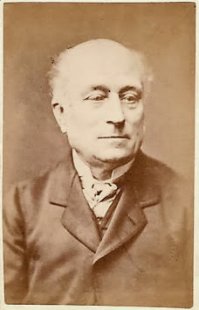 Born in Jamaica, James Manby Gully was the son of a wealthy coffee plantation owner. He was a serious bald man who sometimes wore lunettes. He believed in women’s rights and thought many of their problems were due to their selfless, suffering role in life. By the time Gully was thirty he had settled in England and had opened several retreats, one of them a “water cure” clinic in Malvern with a medical partner James Wilson where Gully also prescribed Hahnemann’s homeopathic medicine.
Born in Jamaica, James Manby Gully was the son of a wealthy coffee plantation owner. He was a serious bald man who sometimes wore lunettes. He believed in women’s rights and thought many of their problems were due to their selfless, suffering role in life. By the time Gully was thirty he had settled in England and had opened several retreats, one of them a “water cure” clinic in Malvern with a medical partner James Wilson where Gully also prescribed Hahnemann’s homeopathic medicine.
FLORENCE NIGHTINGALE
A combination of an extreme form of hydrotherapy and homeopathy saw positive results for patients, and positive results for Gully too. He grew rich, earning £10, 000 a year (the average wage realised by a skilled carpenter was £70). As his reputation grew, so did the illustriousness of his clientele. William IV’s consort, Queen Adelaide - who had the city in Australia named after her, attended the clinic many times. Florence Nightingale went there when exhausted and ill after the Crimean War, and returned there in 1867, after which she went on to live a fruitful and healthy life until she was 90 years old.
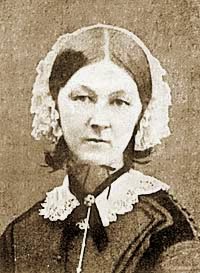
ALFRED LORD TENNYSON
When Alfred Lord Tennyson suffered seizures triggered by the inability to endure grief and financial ruin, he sought relief in several different clinics and treatments to no avail before he became a patient of Gully’s. But after Gully’s homeopathic treatment, Tennyson wrote to his friends that he no longer suffered from hypochondria. Can seizures be the result of hypochondria? Well, hypochondria or not, Tennyson’s mother agreed that the cure was successful. She is reported to have said of Gully, "he is a very clever man."Yet it is Charles Darwin, Gully’s old medical school classmate who was his most surprising patient. For Darwin was a true sceptic of Hahnemann’s medicine. In a letter to a W. D Fox in September 1850, Darwin wrote:
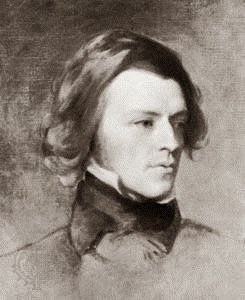 "You speak about Homœopathy; which is a subject which makes me more wrath, even than does Clair-voyance: clairvoyance so transcends belief, that one's ordinary faculties are put out of question, but in Homœopathy common sense & common observation come into play, & both these must go to the Dogs, if the infinetesimal doses have any effect whatever."
"You speak about Homœopathy; which is a subject which makes me more wrath, even than does Clair-voyance: clairvoyance so transcends belief, that one's ordinary faculties are put out of question, but in Homœopathy common sense & common observation come into play, & both these must go to the Dogs, if the infinetesimal doses have any effect whatever."
CHARLES DARWIN
But when Darwin suffered from a bout of stomach pains and vomiting which the conventional doctors failed to relieve, he read James Gully’s book The Water Cure in Chronic Disease, and soon booked himself in for the cure. At the clinic under Gully’s care he was subjected to heat treatment followed by cold water wraps, cold foot baths, a strict diet, long walks and homeopathic medicine, to all of which he obediently succumbed. He very quickly improved, and in 1855 he wrote to a friend, "Dr Gully did me much good, " demonstrating ‘survival of the most adaptable, ’ a term that he was later to coin.Even stranger was that Gully, himself a member of the British Homeopathic Society and a man who used homeopathic remedies with great success, was also to some degree a sceptic and is quoted in the British Medical Journal in November 1861 as saying, "It may shock the homeopathic world when I say that I never much cared for the doctrine of 'like curing like'; and I do not believe it to be of the universal application that they suppose."
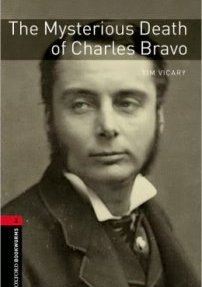
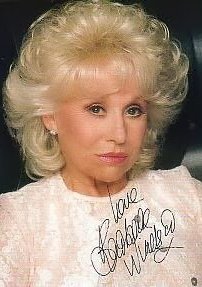

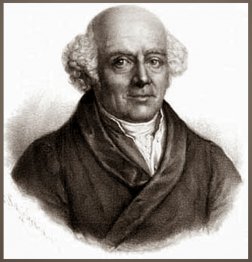









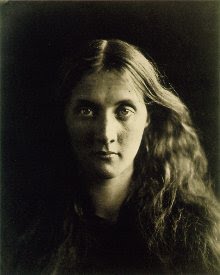 Julia Margaret Cameron (11 June 1815 – 26 January 1879) was a British photographer. She became known for her portraits of celebrities of the time, and for photographs with Arthurian and other legendary themes.
Julia Margaret Cameron (11 June 1815 – 26 January 1879) was a British photographer. She became known for her portraits of celebrities of the time, and for photographs with Arthurian and other legendary themes.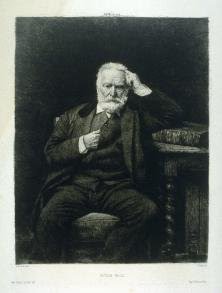 Paul-Adolphe Rajon (1843, Dijon - June 8, 1888, Auvers-sur-Oise, Val d'Oise) was a French painter and printmaker, who started his career as a photographer while studying at the École des Beaux-Arts in Paris under Isidore-Alexandre-Augustin Pils. Rajon was a friend...
Paul-Adolphe Rajon (1843, Dijon - June 8, 1888, Auvers-sur-Oise, Val d'Oise) was a French painter and printmaker, who started his career as a photographer while studying at the École des Beaux-Arts in Paris under Isidore-Alexandre-Augustin Pils. Rajon was a friend...
 Elliott & Fry was a Victorian photography studio and photographic film manufacturer, founded in 1863 by Joseph John Elliott and Clarence Edmund Fry. For a century the firm's core business was taking and publishing photographs of the Victorian public and social...
Elliott & Fry was a Victorian photography studio and photographic film manufacturer, founded in 1863 by Joseph John Elliott and Clarence Edmund Fry. For a century the firm's core business was taking and publishing photographs of the Victorian public and social...